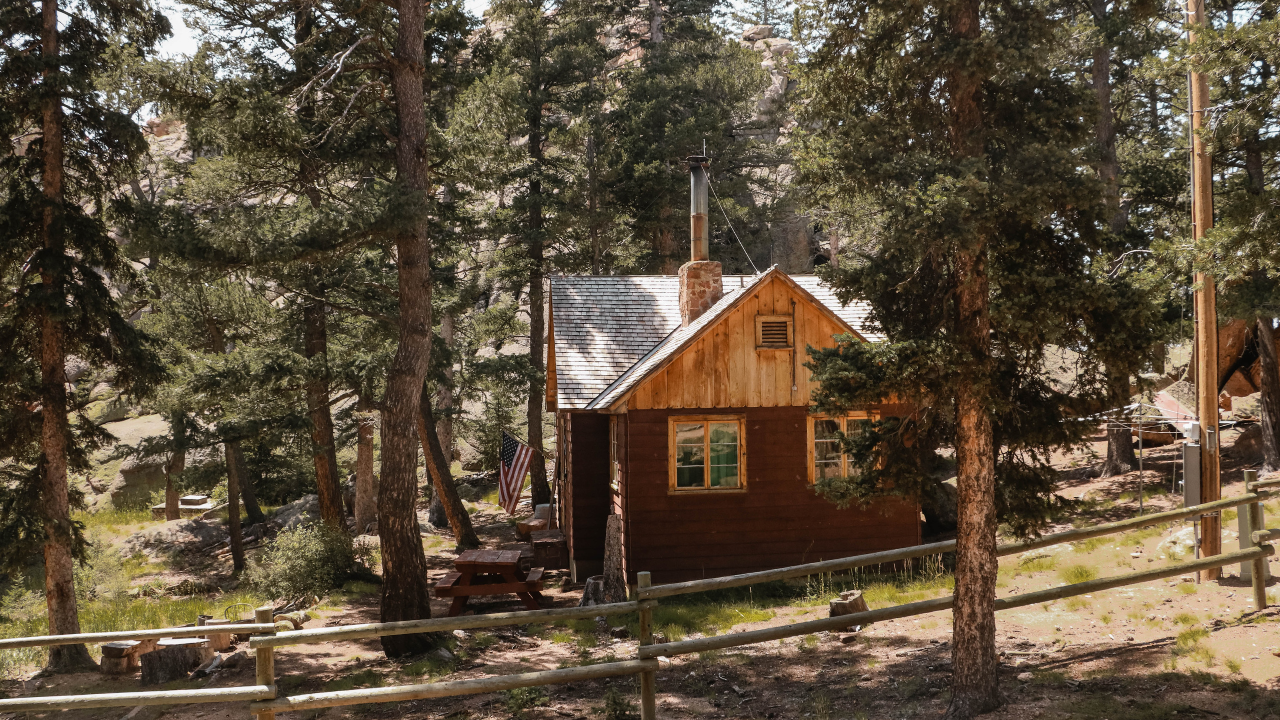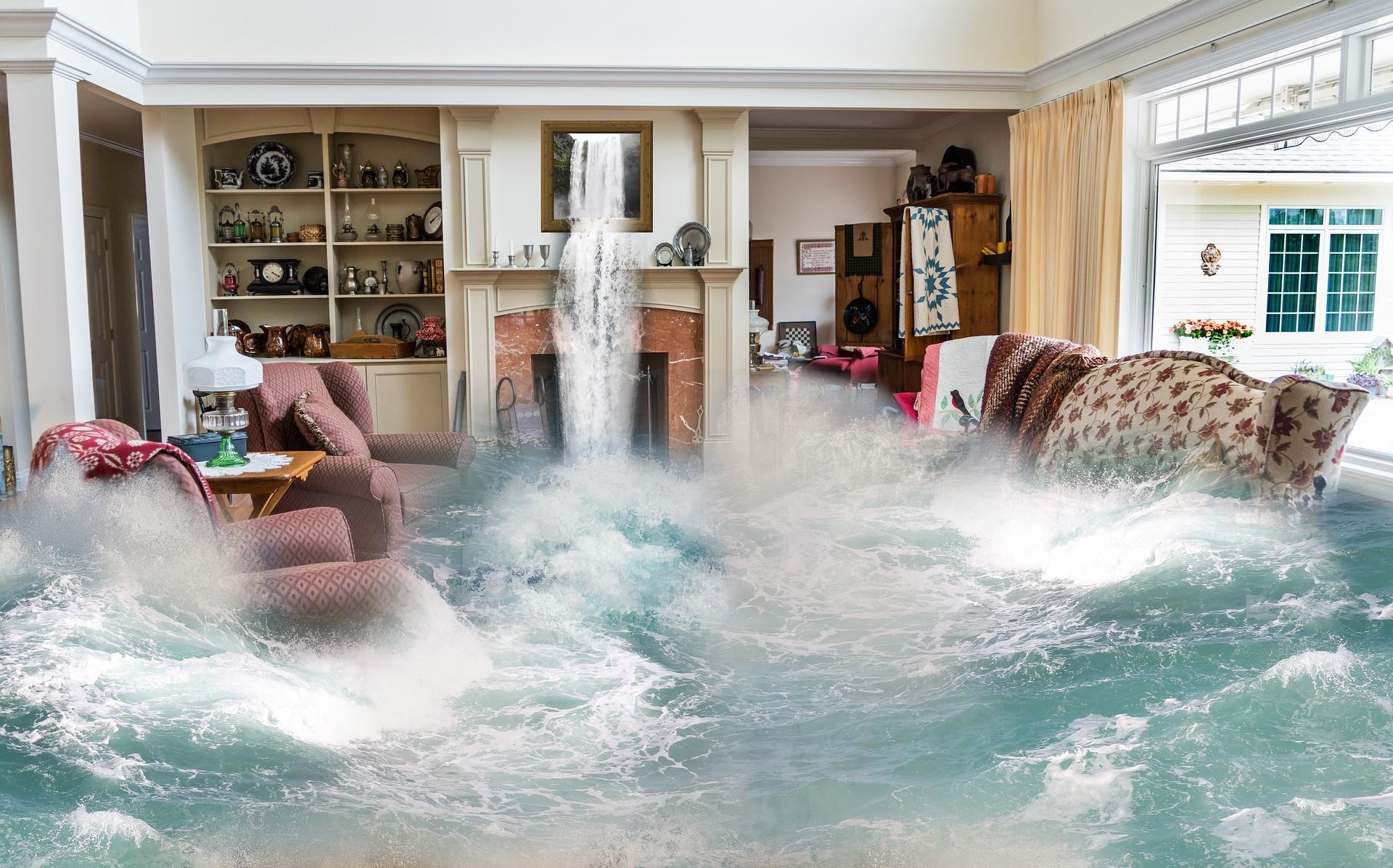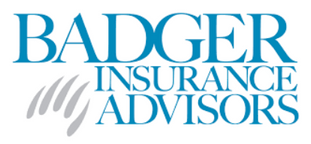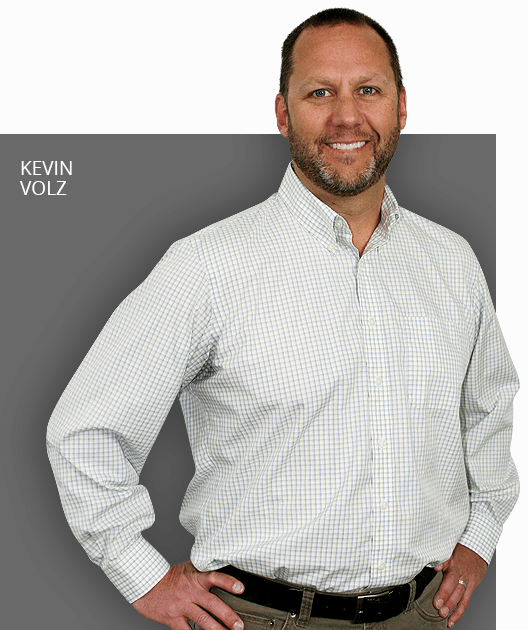By Kevin Volz
•
May 25, 2023
Were you aware??? -Floods are the number one disaster in the United States. -More than 20% of all flood insurance claims come from areas in low to moderate-risk flood zones. -Just one inch of water can cause large financial losses. -Almost everyone lives or works near a flood zone. -Standard home and business insurance policies typically do not cover flood insurance. As an insurance agent primarily serving Colorado, flood insurance is a topic not discussed very often. General reasoning is that we live in an arid climate with relatively low annual precipitation…why spend money on something that has a low probability of occurrence? Well, tell that to the residents of Louisville, Colorado or other mountain towns that have been devastated by wildfires, statistically low occurrence probability events. This brings us to May 2023! Historically, May is the wettest month in Colorado with an average precipitation of 2.5 inches. As of May 17, 2023, Denver International Airport recorded 4.7 inches, almost double the average, and officially cracks the top 10 wettest May’s ever. If you’re curious, the wettest May in Colorado happened in 1876, over 8.5 inches…crazy by comparison! Since May 17 th , I’ve spent a majority of my days on the phone with customers discussing coverages and limitations of homeowners policies, and of course a fair amount of time speaking with claims departments. I thought I’d take a moment to clarify flood insurance… Do I need flood insurance? Just because you haven't experienced a flood in the past, doesn't mean you won't in the future. The reality is a flood can happen to anyone, anywhere, at any time. Common flood causes include rainfall, river-flow, topography, and changes to the landscape due to building and development. Here is a link to help you understand flood risk in your area: https://msc.fema.gov/portal/home Is flood insurance mandatory? Often, homes and businesses in high-risk flood zones are required to have home or business flood insurance coverage. Don’t wait until it’s too late… Typically, there's a 30-day waiting period after a flood insurance policy is purchased before it becomes effective. Understanding that floods are one of the top natural disasters in the country, it is encouraged that you review your flood insurance options. What is not covered by flood insurance? Like most insurance policies, there are usually specific coverage exclusions and limitations. Examples of uncovered or excluded losses: -Damage caused by moisture, mildew, or mold that could have been avoided by the property owner. -Additional living expenses such as temporary housing. -Most self-propelled vehicles such as cars, including their parts (auto insurance with comprehensive coverage will cover flood damage to vehicles). -Property and belongings outside of a building such as trees, plants, shrubs, wells, septic systems, walks, decks, patios, fences, seawalls, hot tubs, and swimming pools. -Financial losses such as business interruption or loss of use of insured property. What does flood insurance cover? The NFIP (National Flood Insurance Program) offers two types of flood insurance — building and contents — each with a separate deductible. A deductible is the amount of a claim you’re responsible for paying. Building coverage ($250,000 limit) Building coverage is insurance for the structure of your home (akin to dwelling coverage on a homeowners policy). This pays for flood damage to things like: Electrical and plumbing systems, water heaters, furnaces, foundation walls, built-in appliances, cabinets, permanently installed carpets, detached garages, fuel and well water tanks, solar energy equipment, and window blinds. Contents coverage ($100,000 limit) Similar to personal property coverage on a homeowners or renters policy, contents coverage pays for damage to your “stuff”. Typically, this includes clothing, furniture, electronics, curtains, and appliances. The NFIP covers your belongings on an “actual cash value” basis. This means that if you file a flood insurance claim, your payout will reflect what your belongings were worth at the time of the flood, not a “replacement cost”. Is there flood insurance with limits beyond what the NFIP offers? Yes, broader coverage and higher limits are available via private flood insurance policies. Further resources: Flood Insurance | DORA Division of Insurance (colorado.gov) At Badger Insurance Advisors, we understand that “stuff” happens! Whether you’re in our neighborhood of Aurora, or anywhere else in Colorado, we’re here to assist with all your personal insurance needs. Find us on the web at www.badgerinsuranceadvisors.com or call us at 303-359-1799. Kevin Volz – Agency Principal Badger Insurance Advisors


















